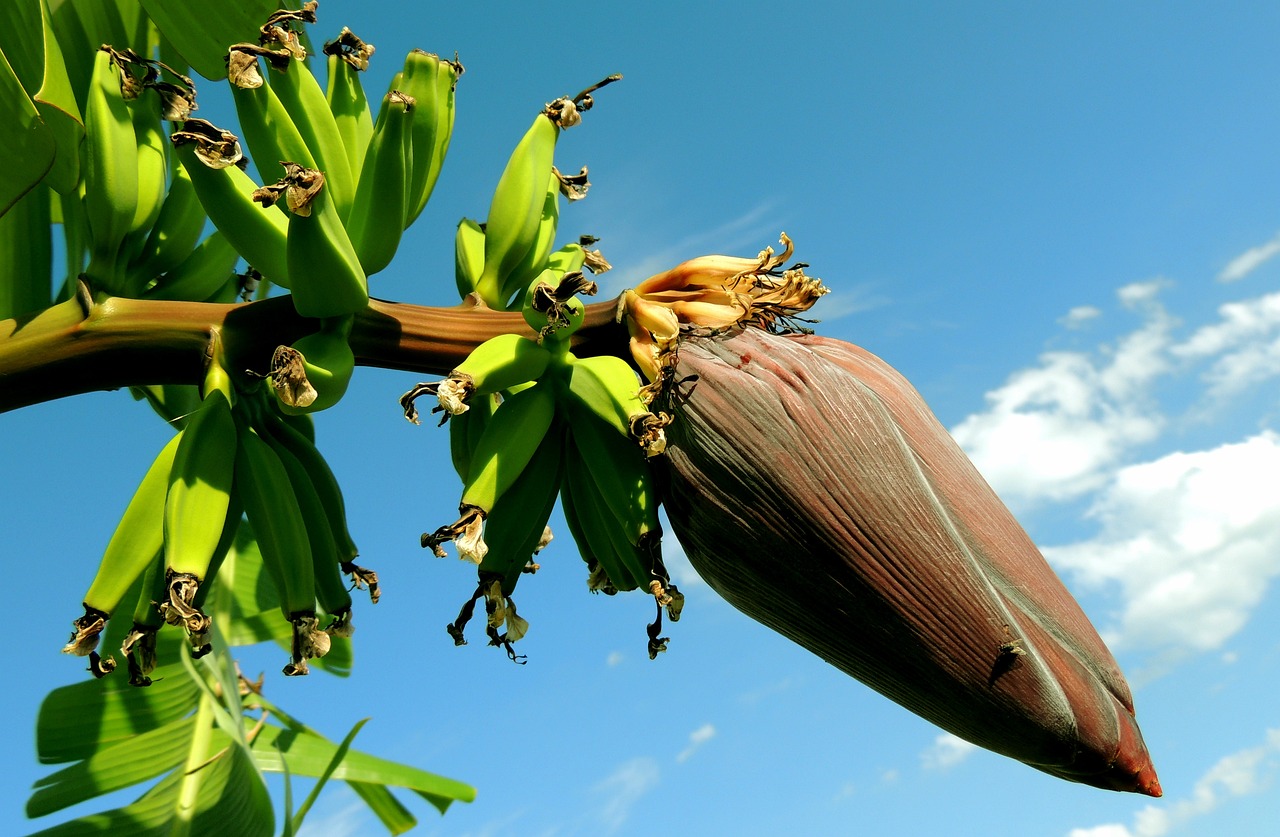The Impact of Food Shortages on Global Markets
Food shortages can often be attributed to a combination of factors such as extreme weather conditions, including droughts, floods, and hurricanes. These natural disasters can devastate crops and livestock, leading to decreased food production and availability. Poor agricultural practices and inadequate infrastructure also play a role in exacerbating food shortages in many developing countries. Farmers may lack access to essential resources like fertilizers, seeds, and farming equipment, further hindering their ability to grow sufficient quantities of food.
Conflict and political instability are significant contributors to food shortages in many regions. Displacement of populations, destruction of farms and markets, and disruptions in food distribution networks all result from conflicts and instability, leading to food insecurity. Additionally, economic factors such as inflation, poverty, and lack of investment in agriculture can further exacerbate food shortages, making it difficult for vulnerable populations to access an an adequate and nutritious food supply.
Effects of Food Shortages on Developing Countries
Food shortages in developing countries have far-reaching consequences on the economy, society, and overall well-being of the population. The lack of access to an adequate amount of nutritious food leads to malnutrition, which can have detrimental effects on physical and cognitive development, particularly in children. This, in turn, can limit the potential workforce and perpetuate cycles of poverty and underdevelopment within these nations.
Furthermore, food shortages can trigger social unrest and political instability, as access to food is a fundamental human need that, when deprived, can lead to civil unrest and conflict. This instability can also hinder investment opportunities and economic growth, further exacerbating the challenges faced by developing countries in achieving sustainable development goals.
What are some common causes of food shortages in developing countries?
Some common causes of food shortages in developing countries include droughts, natural disasters, poor agricultural practices, poverty, conflict, and lack of infrastructure.
How do food shortages affect developing countries?
Food shortages in developing countries can lead to malnutrition, hunger, health problems, economic instability, social unrest, and even political instability.
How do food shortages impact children in developing countries?
Food shortages can have severe consequences for children in developing countries, including stunted growth, cognitive development issues, and increased susceptibility to diseases.
What can be done to address food shortages in developing countries?
Addressing food shortages in developing countries requires a multi-faceted approach, including improving agricultural practices, investing in infrastructure, promoting sustainable development, addressing poverty, and providing humanitarian aid when necessary.
How can individuals help alleviate food shortages in developing countries?
Individuals can help alleviate food shortages in developing countries by supporting organizations that work towards food security, donating to food aid programs, raising awareness about global hunger issues, and advocating for policies that address the root causes of food shortages.





